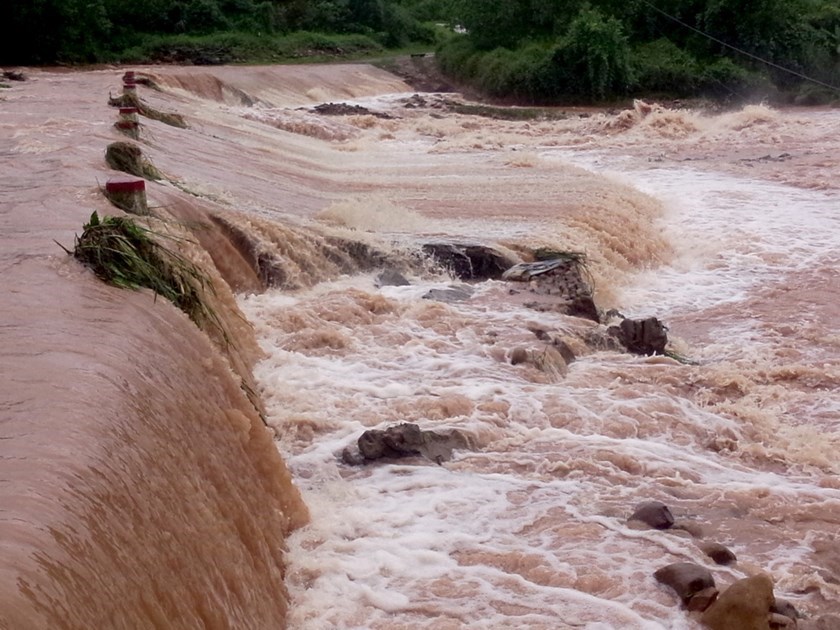“This is because most of the population and economic activity is concentrated along coastlines, is heavily reliant on agriculture, and has a high dependence on natural resources and forestry,” Peter King, senior policy advisor of the Japan-based Institute for Global Environmental Strategies, said on Monday at a forum in Vientiane, Laos.
“And high levels of poverty would make people more vulnerable,” he said.
King quoted an ADB study as projecting a 4.8-degree Celsius rise in average annual temperature and a 70-centimeter rise in average sea level by 2100 in Indonesia, the Philippines, Thailand and Vietnam, with potentially disastrous consequences, especially for mega-cities.
King said the environment in the ASEAN region “continues to degrade in too many places and affects too many people, particularly the poor and vulnerable.”
Biodiversity continues to be threatened and freshwater quality and quantity continues to degrade in highly urbanized and industrial areas, he said.
As chemicals and waste management has shown marginal improvement in recent years, King said “much more needs to be done.”
He called for a number of responses towards sustainable development, including promoting clean energy, minimizing deforestation, and reducing the production and use of hazardous chemicals.
The two-day forum, which ended Monday, attracted more than 100 participants from civil society organizations, universities, and private companies based in the six Greater Mekong Sub-Region countries, which are Cambodia, Laos, Myanmar, Thailand, Vietnam and China.
Organized by the Thailand Environment Institute and funded by the Swedish International Development Cooperation Agency, the forum updated the regional cooperation and disseminated the results of local research and field activity related to climate change adaptation and water resources management in ASEAN.
Source: Thanh Nien News | 09 August 2015














